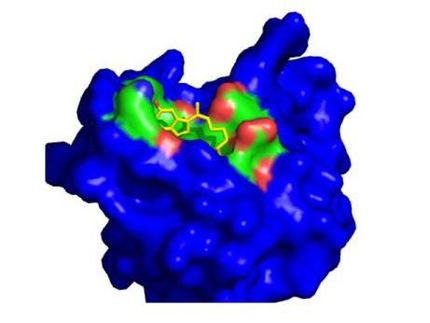Affitech A/S signs research agreement with UT Southwestern to support further development of its lead antibody drug candidate AT001/r84
Advertisement
Affitech A/S announced that the Company has signed a sponsored research agreement with Dr. Rolf Brekken at the University of Texas Southwestern Medical Center, Dallas, USA to further understand the mechanism and potential differentiation of Affitech’s lead antibody drug candidate AT001/r84.
The University of Texas Southwestern Medical Center in Dallas in the USA will conduct certain research regarding Affitech’s anti-VEGF antibody drug candidate AT001/r84, including certain comparative studies with bevacizumab in animal models. Affitech will collaborate with Dr. Rolf Brekken, who has previously published scientific articles on AT001/r84’s effect on cancer in mice.
Affitech will obtain certain rights to intellectual property developed during the course of the research with a view to profitable commercialization of such intellectual property for Affitech’s benefit. The university will perform the research and grant certain rights to such intellectual property.
Other news from the department science
Most read news
More news from our other portals
See the theme worlds for related content
Topic world Antibodies
Antibodies are specialized molecules of our immune system that can specifically recognize and neutralize pathogens or foreign substances. Antibody research in biotech and pharma has recognized this natural defense potential and is working intensively to make it therapeutically useful. From monoclonal antibodies used against cancer or autoimmune diseases to antibody-drug conjugates that specifically transport drugs to disease cells - the possibilities are enormous

Topic world Antibodies
Antibodies are specialized molecules of our immune system that can specifically recognize and neutralize pathogens or foreign substances. Antibody research in biotech and pharma has recognized this natural defense potential and is working intensively to make it therapeutically useful. From monoclonal antibodies used against cancer or autoimmune diseases to antibody-drug conjugates that specifically transport drugs to disease cells - the possibilities are enormous
















































